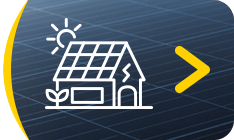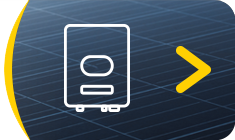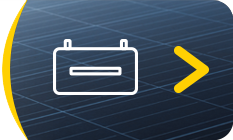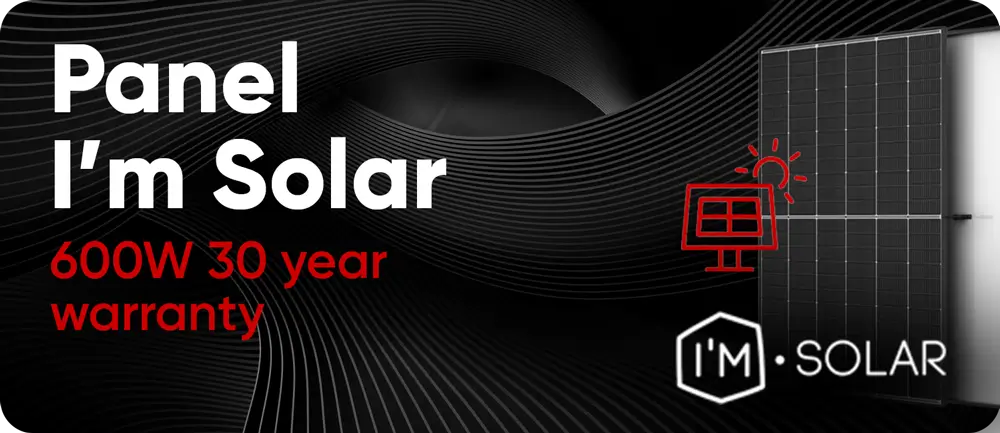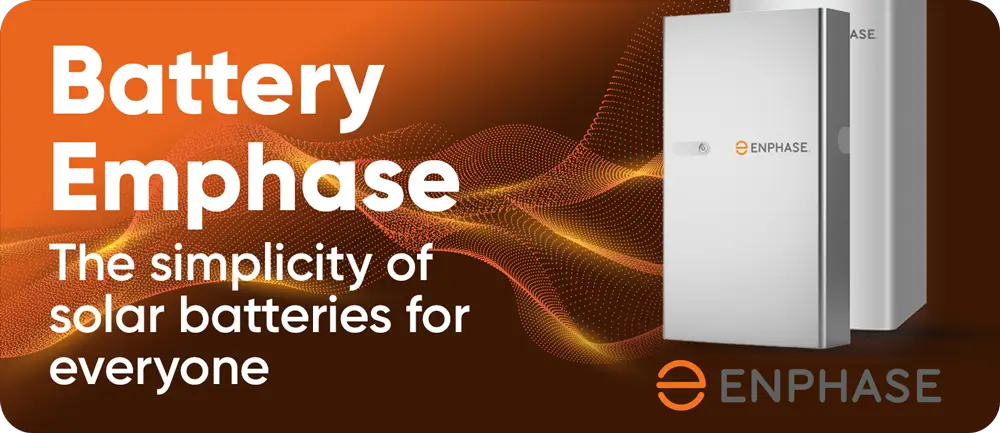- 03 Oct, 2017
- Solar Training , Myths & Facts , Self-consumption , News
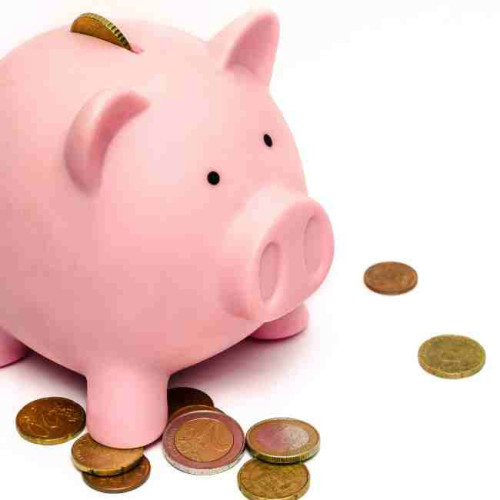
You would like to reduce your energy consumption and save money on your electricity bill at the same time? We provide you with the most useful tips and tricks to save energy in just 3 steps.
1. Calculate to save more money
In order to achieve energy savings, it is important to calculate your energy consumption. There are several ways to do this. The first is detailed on your electricity supplier's electric bill. The major energy experts also offer free calculators to anticipate your consumption.
At Alma Solar, we provide you with a free simulator that allows you to determine the savings you have made based on your annual consumption. It is important to know that the electricity consumption of a house varies greatly depending on the living space, the heating method and the quality of the insulation. Other factors should also be taken into account, such as consumption habits. Do you use energy during peak hours? Do you leave your devices on standby? Do you leave your electrical outlets on all day long? These are all elements to be taken into account to optimize your electricity bills, the increase in kwh of which is already recorded by the state.
2. Determine your home's energy class
The energy performance diagnosis (EPD) makes it possible to determine the energy class of a dwelling. This is a rating from "A" to "G". A dwelling with an "A" rating indicates that the property has excellent energy performance (therefore very good insulation). On the contrary, an ECD with an E or F rating indicates that the dwelling is poorly insulated. The energy performance diagnosis can only be carried out by a professional certified by a body accredited by COFRAC. A total independence of the diagnostician will be required so that his impartiality is not called into question. On average, it takes 100 kwh/m2 to heat a dwelling. The ECD is a good indicator to know the quality of insulation of your home. The lower your ECD, the better your electricity bill will be.
3. Identify the most energy-consuming appliances in your home and optimize them
To better understand your energy consumption, it is important to know which appliances in your home are the most energy consuming. The latter are mainly:
- Oven, Water heater, Radiator: More than 1000 kWh/year
Cooking plate: Between 500 and 1000 kWh/year
Air conditioning: Between 500 and 1000 kWh/year
Laundry dryer: 350 to 400 kWh/year
Refrigerator or freezer: 125 to 250 kWh/year
You can optimize the use of each of your consumables. For example, choose your devices according to their energy label, turn them off instead of leaving them in standby, use the ECO modes, unplug the chargers from your phone or laptop, etc.
